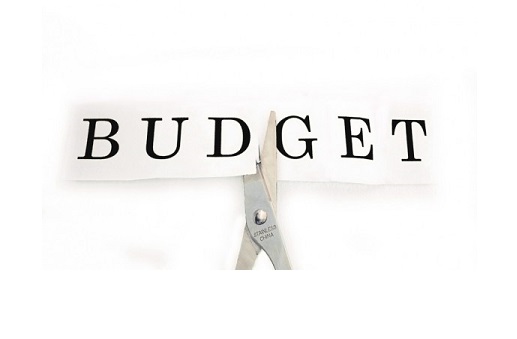
“Smart spending” is easier said than done. Budgeting and spending evolve over time, and the world has found a way to make both processes easier and more effective. It’s time for Garland to catch up and implement Zero-Based Budgeting.
Garland uses a form of budgeting today called Incremental Budgeting. Put simply, you take the amount you spent last year, adjust for inflation and a few large purchases, and then call it a day. It’s quick and easy to create this type of budget, but it can create a LOT of waste. Worse, departments drift further from their missions just to keep the numbers consistent from year to year. We can do better.
Zero-based budgeting (ZBB) takes a service-oriented group like a city department and forces it to fund the goals that it was established to achieve. With ZBB, you figure out what you need to do and then set aside the money to do it. The budget total has less consistency from year to year, because needs change. Sometimes it increases and sometimes it decreases, but it should always be in-line with the activities that the city management and council have approved of.
Most cities that implement ZBB do see a significant savings. City staff must look at exactly what money was spent and why, and then justify it. Most people do this in their personal lives several times a year. In my family, if no one has used the Hulu account in six months it makes no sense to keep funding it. Unsubscribe! Meanwhile, with the vast number of tasks that a city department must track and fund, things slip through the cracks in the traditional budgeting model. A ZBB mentality keeps the money flowing to the items that need it, and stops funding the items that don’t.
Here are a few key points to take away from this.
A Zero-Based Budget:
• Keeps the budget tightly tied to the city’s mission
• Makes the make-or-buy decisions much easier
• Highlights deficiencies in city service offerings for city management
• Is not a nit-picky cut-to-the-bone type of exercise (Don’t justify every stapler, just put in a line item for office supplies!)
• Keeps personnel tied to budget which is tied to services
• You can still set aside budget space for “unforseeables”, although over time with practice that becomes less of an issue
The bottom line is that zero-based budgeting doesn’t have to be painful or scary. It’s a flexible, modern approach to financing city services that is more efficient and saves the taxpayers money overall. A significant number of cities with larger budgets than Garland’s have already adopted this method with great success. It’s time for Garland to adopt ZBB and move our finances into the 21st century.